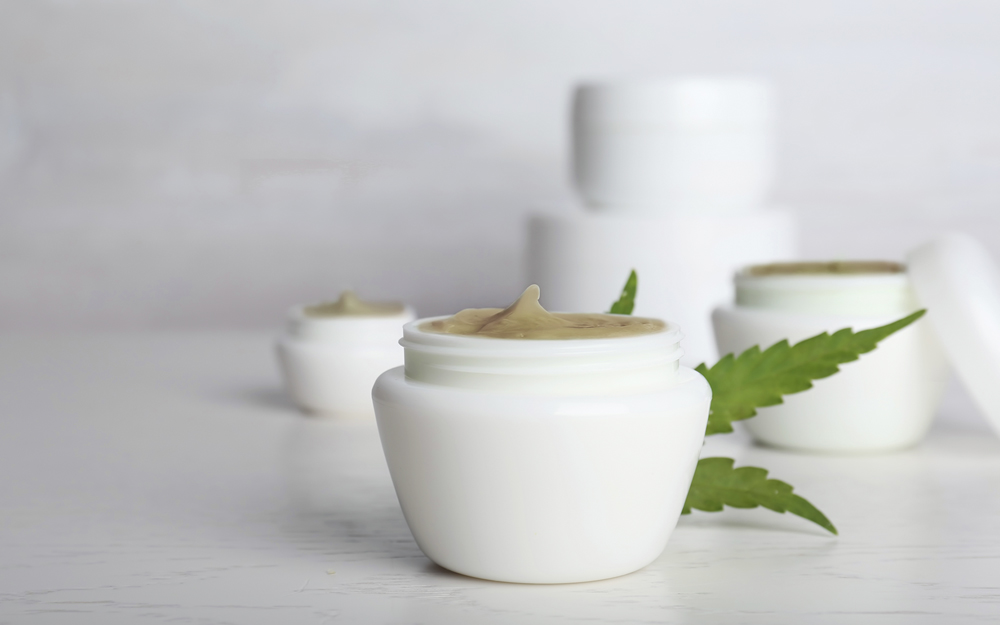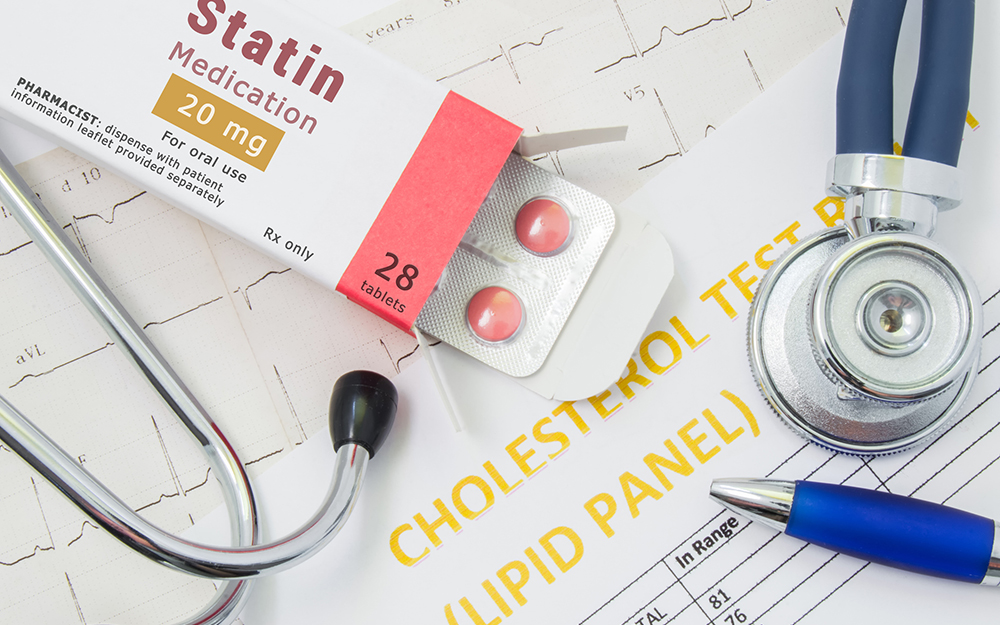Ask Your Primary Care Doctor About Substance Use Disorder Treatments
Date
December 19, 2024
Credits

Date
December 19, 2024
Credits
Medical providers featured in this article
In Brief
{{cta-block}}
More than 40 million Americans have a substance use disorder, and more than 100,000 Americans died of a drug overdose in 2021, according to the National Institute on Drug Abuse. Yet few people who need treatment receive it.
“Research shows that more than 90% of individuals who would benefit from substance use disorder treatment do not receive care,” said Itai Danovitch, MD, professor and chair of the Department of Psychiatry and Behavioral Neurosciences at Cedars-Sinai. “This treatment gap represents a significant public health challenge and an opportunity to improve access to evidence-based interventions.”
{{providers}}
Primary care doctors can prescribe effective medications approved by the U.S. Food and Drug Administration to treat both alcohol use disorder and opioid use disorder. Despite the proven effectiveness of these medical treatments, there is limited public awareness that these options are available through primary care.
In fact, 61% of Americans weren’t aware their family doctor can prescribe such medication, according to a nationwide survey conducted in 2023.
Cedars-Sinai’s primary care doctors are poised to treat patients who have a substance use disorder, and they are developing tools to identify more patients who could benefit from such treatments during routine examinations.
“Part of the comprehensive social drivers of health screening that we’ve implemented at Cedars-Sinai includes screening our patients for alcohol use and substance use,” said social worker Katie Hren, MPH, associate director of Cedars-Sinai’s Community Connect Program within the Office of Health Equity.
“About 6% of our patients who are admitted to the hospital routinely screen positive for these conditions, which don’t discriminate. They’re prevalent among patients who have financial resources and good insurance as well as patients who don’t,” she added.
Changing Perceptions About Substance Use Disorders
Prescription medications, including naltrexone and buprenorphine, are transforming care for patients with a substance use disorder.
“Medications drastically reduce the risk of dying from opioid use disorder and help people get safe so they can recover,” Danovitch said.
“For some people, seeing that there’s a medication that can treat opioid use disorder may bring home the fact that it’s a disease that has a treatment. Like many other medical conditions, substance use disorders have a genetic component that can run in families. For so many years, people thought of it as a personality flaw, or ‘I don’t have enough willpower.’ We now recognize substance use disorder as a complex condition influenced by biological, environmental and psychological factors,” he noted.
“The more we can reduce the shame or embarrassment that people have, the more we can normalize these valid health challenges and hopefully encourage people to ask for help earlier.”
Medications can also be used to treat underlying mental health conditions, such as depression, in people with a substance use disorder.
“People use alcohol or opioids because they’re coping with something, such as anxiety, trauma or stress. It’s been their safety net for so long,” Hren said. “If you’re asking someone to take away that safety net, you have to replace it with something. This way, they feel like they can handle what’s coming at them. Medication can offer a glimmer of hope in these situations.”
Some people may resist seeking treatment for alcohol use or opioid use because they believe counseling or 12-step programs are their only options.
“I’ve had people tell me, ‘I don’t like listening to people’s problems in Alcoholics Anonymous meetings. It’s too depressing.’ But there’s a whole other route,” said Jason Jablonski, a Cedars-Sinai community health worker. “I’ll mention, in general terms, medication-assisted treatment and how they can benefit from it. I’ll explain that there are alternatives to only talking about your feelings.”
When to Approach Your Primary Care Doctor
It may be difficult to admit you have a problem with drugs or alcohol. But if you’re using substances in a way that’s harmful to you, or if you’ve tried to cut back and you’ve had trouble following through, talk to your primary care doctor—the sooner, the better.
“It’s a progressive disease,” Danovitch said. “Early on, when the symptoms are mild, it can be easy to minimize them. But it’s important to recognize the early signs of substance use disorder, because it’s generally easier to intervene before those habits have become deeply ingrained.”
If you’re hesitant to broach the subject with your doctor because of the stigma associated with these conditions, keep in mind that doctors recognize substance use disorder as a disease, and they can provide treatments, including medication.
“The more we can reduce the shame or embarrassment that people have, the more we can normalize these valid health challenges and hopefully encourage people to ask for help earlier,” Danovitch said.






